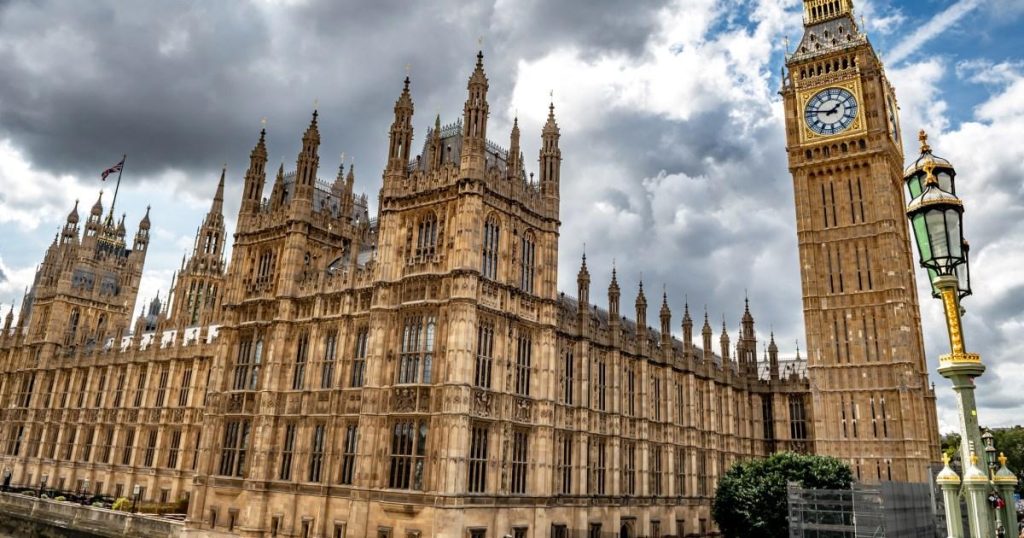The Accountability of Power: From Parliament to Billionaires
The question of accountability within positions of power has spurred fervent debate, particularly concerning the conduct of Members of Parliament (MPs) and the influence of figures like Elon Musk. A recent incident involving a potential drink spiking at the Houses of Parliament has reignited the discussion surrounding alcohol consumption within this crucial workplace. Many readers have questioned the permissibility of alcohol in a setting where significant national decisions are made, drawing parallels to other professions with strict substance regulations, such as train drivers and construction workers. These professions, with responsibilities directly impacting public safety, are often subject to random drug and alcohol testing. The argument posits that MPs, whose decisions influence the entire nation, should be held to similar, if not higher, standards. The call for mandatory drug and alcohol testing for MPs reflects a growing concern about ensuring clear-headed decision-making at the highest levels of government, especially in light of recent controversial policy choices.
The debate extends beyond alcohol consumption to encompass the broader issue of accountability for those in power. The impending retirement of RMT union leader Mick Lynch has sparked contrasting opinions. While some criticize his leadership, others staunchly defend him as a principled advocate for workers’ rights, particularly in the face of government policies perceived as detrimental to their interests. This divergence of views highlights the complex nature of evaluating leadership, with some focusing on outcomes while others prioritize the values and principles demonstrated. Lynch’s legacy, regardless of perspective, underscores the crucial role of union leaders in advocating for worker protections and challenging established power structures.
The influence of billionaires on public policy has also drawn intense scrutiny. Elon Musk’s online advocacy for an inquiry into grooming gangs, which subsequently received government backing, has raised questions about the disproportionate sway of wealthy individuals on political agendas. Critics argue that the government’s responsiveness to Musk’s intervention, after years of apparent disregard for survivors’ calls for action, reveals a troubling prioritization of external influences over the concerns of those directly affected. This incident fuels the debate about equitable access to policymakers and the potential for powerful individuals to circumvent established democratic processes.
The discussion of accountability extends further to encompass past government actions, with the sale of school playing fields serving as a prime example. While some attribute blame to Tony Blair’s government, others point to similar actions under subsequent administrations. This historical context underscores the importance of accurate data and fact-checking in political discourse, preventing the misattribution of blame and promoting a more nuanced understanding of complex issues. The debate over playing field sales also highlights the long-term consequences of policy decisions, particularly in areas like education and community resources.
The issue of financial transparency and accountability in businesses has also come under the spotlight. The practice of some businesses operating solely on cash transactions has raised concerns about potential tax evasion and its impact on public services. While cash transactions themselves are not illegal, the suspicion arises when businesses exclusively use cash, potentially to avoid reporting full income to tax authorities. This practice, critics argue, deprives public services of much-needed funding, impacting crucial sectors like healthcare and policing. The debate encourages greater scrutiny of businesses operating primarily in cash and underscores the importance of ensuring compliance with tax regulations to support vital public services.
In conclusion, the interconnected discussions about accountability in parliament, the influence of billionaires, historical policy decisions, and business practices all converge on the central theme of responsible governance and transparency. Whether it involves the conduct of elected officials, the impact of wealthy individuals, or the financial practices of businesses, the demand for greater accountability reflects a fundamental desire for fairness, equitable representation, and the responsible use of power. These debates underscore the vital importance of informed public discourse, rigorous fact-checking, and a commitment to holding those in positions of power accountable for their actions. The ongoing conversation about responsible governance emphasizes the need for continuous vigilance and engagement to ensure that power serves the interests of the public and not just a select few.











